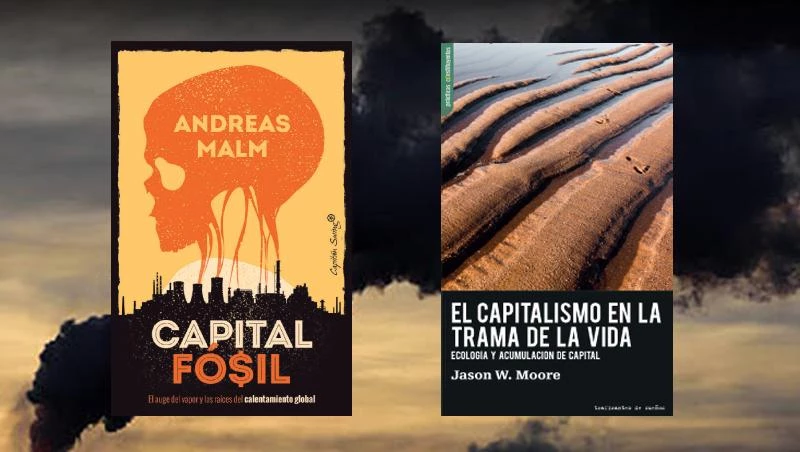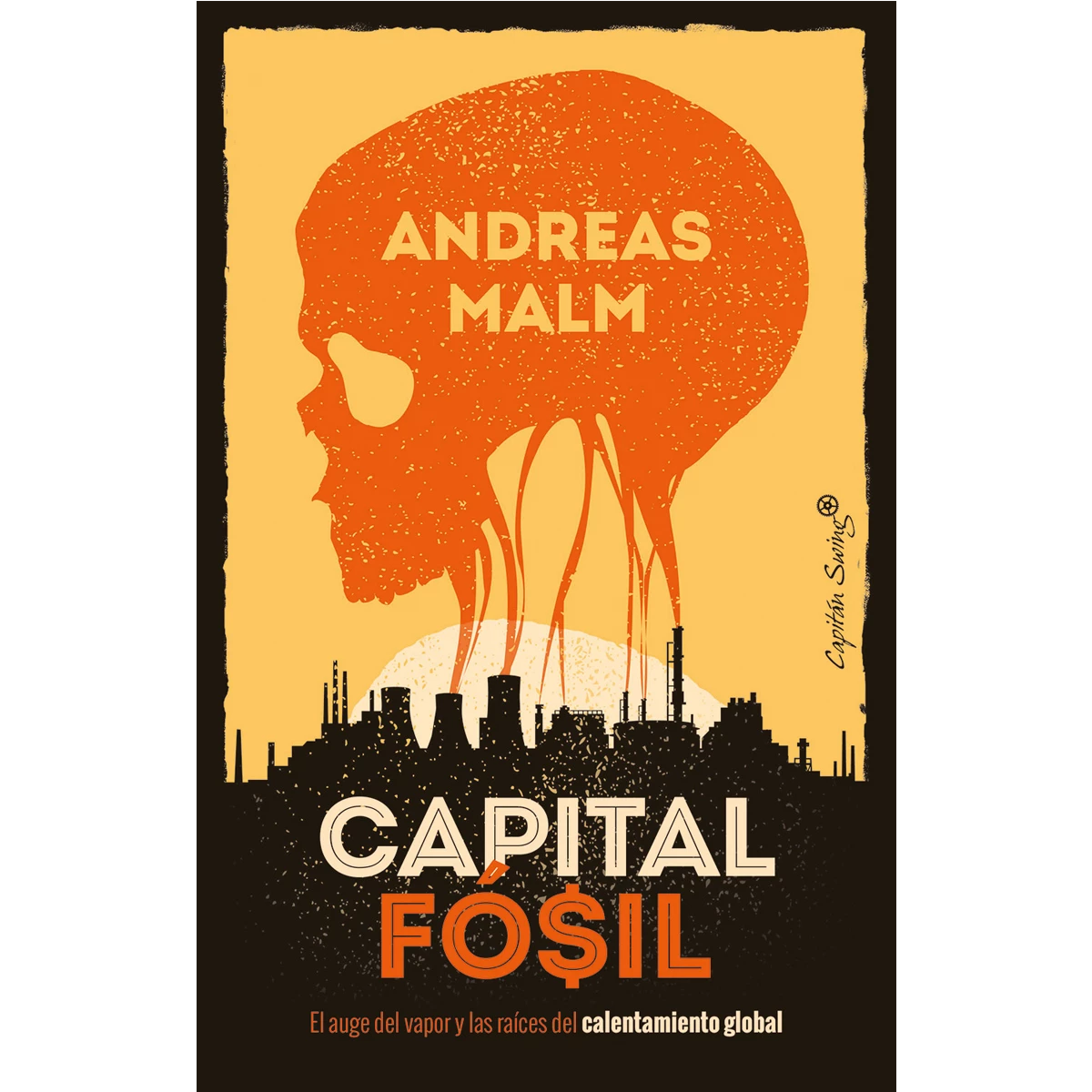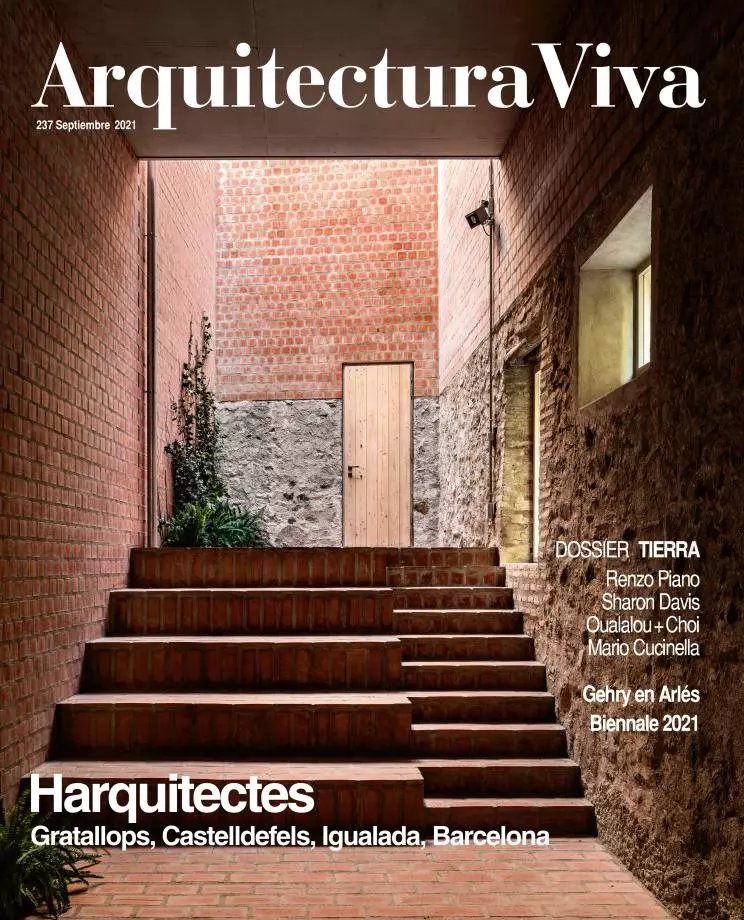
The American Jason W. Moore and the Swedish Andreas Malm are part of what they call ‘radical academy,’ a group of Marxist writers who teach on both sides of the Atlantic. Capitalism in the Web of Life and Fossil Capital present complementary (and sometimes contradictory) analyses of the current environmental crisis: Moore offers a broad view, influenced by Braudel’s longue durée, of capitalist development since the Black Death, and suggests replacing the world-economy of the Annales school with a world-ecology; for his part, Malm explores the heyday of steam in 19th-century Manchester, and draws a link between industrial capitalism, fossil fuels, and climate change.
Both authors call for a change of political, economic, and social model to deal with the crises of our time; both are in favor of replacing the term Anthropocene – coined by the same Paul Crutzen who proposes to curb global warming through geoengineering – with Capitolocene; and both are indebted to the concept of ‘metabolic rift,’ the rupture of the balance between nature and society, proposed by John Bellamy Foster to reconcile Marx’s writings with the ecological crisis. But whereas Malm believes in the theoretical fertility of that rift, Moore is critical of nature and society being presented as separate realities; and while Malm situates the origin of the metabolic rift in the steam engine, Moore argues that the start of our era must be located in the early capitalism of the long 16th century.
Malm’s work is a well documented study of Britain’s Industrial Revolution as an archive of teachings that can help pilot the transition from our fossil economy to one based on renewable sources, and stresses the gradual nature of the process, the impulse that prices provided, and the need for new technology: three factors which recommend avoiding dependence on communal initiatives, because the model to pursue is rather that of “capitalists developing technologies with low prices,” although, with time running out, we also need planning the transition. The book ends with a clamor to “fight the protagonism of fire” in favor of “a return to flow,” with the urgency of one aware of being on the brink of disaster.
Moore’s work, more ambitious in its theoretical approaches – extending the analyses of Wallerstein and Arrighi, and also including the contributions of Bruno Latour –, is however more convoluted in language and reasoning. Still, we must highlight its catalog of the transformations wrought by capitalism between 1450 and the Industrial Revolution or its narrative of the end of ‘the Four Cheaps’ (food, labor, energy, raw materials) on which recent prosperity is based. Moore and Malm wonder about the likelihood of a technological revolution getting us out of the current morass, and a similar opinion comes from The Economist, which sees signs of “a new era of innovation” in the second decade of the 21st century. But ‘The roaring 20s?’ on the cover has a question mark.







